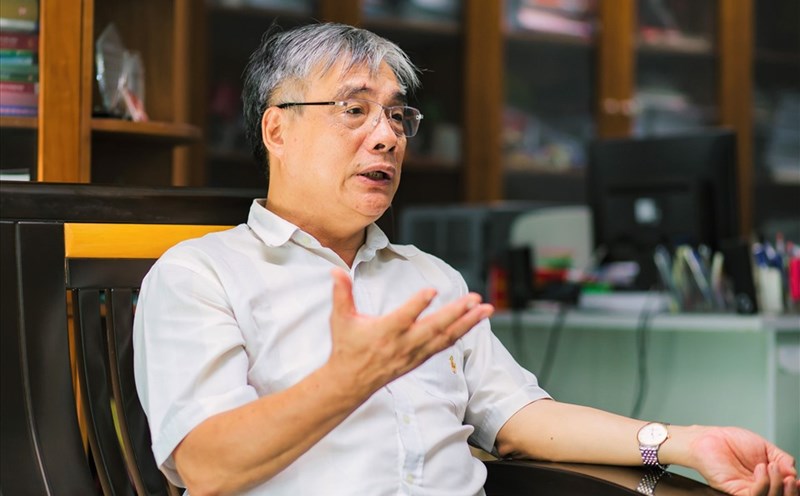Dinosaur eggs in Thanh Long Son Fossil Reserve (Hoaxi Province, China) are determined to be aged using uranium-tes method, a technique used to measure the level of decomposition of minerals in egg shells. Thanks to that, scientists have determined that they are about 86 million years old.
The article published in the journal Frontiers in Earth Science said that these are the first fossils in Thanh Long Son reserve to be directly and reliably dated. This area currently has more than 3,000 khung bo eggs, many of which are still in 3D shape. Eggs are bored, about 12-17cm long, with a shell about 2mm thick.
Typically, the age of the fossil is estimated based on the surrounding layer of rock and soil. But this method is easily distorted. The new method allows direct aging from egg shells, providing clearer and more accurate results.
Experts say that this technique is currently one of the most reliable aging methods, having been used for many types of stone and fossil that are millions to hundreds of millions of years old.
The team also believes that the special foam of the egg shell could be an adaptation of this khung race in the context of the Earth's climate gradually cooling down at the end of the White Phan Census. This could provide more data on ancient ecosystems and exercise in ancestral calculation of dragons.
However, the uranium-uranium method requires a modern laboratory and samples to be well preserved, so not all fossils can be applied. However, if expanded, this technique promises to become an important tool to better understand the reproduction andolution of dragons.
There are currently more than 200 places in the world where khung bo eggs have been spotted, but only a few places have been given the exact age. This method can help build a clearer time frame for studying the reproductive process of dragons," said researcher Bi Zhao from the Ho Bac Geological Institute.









